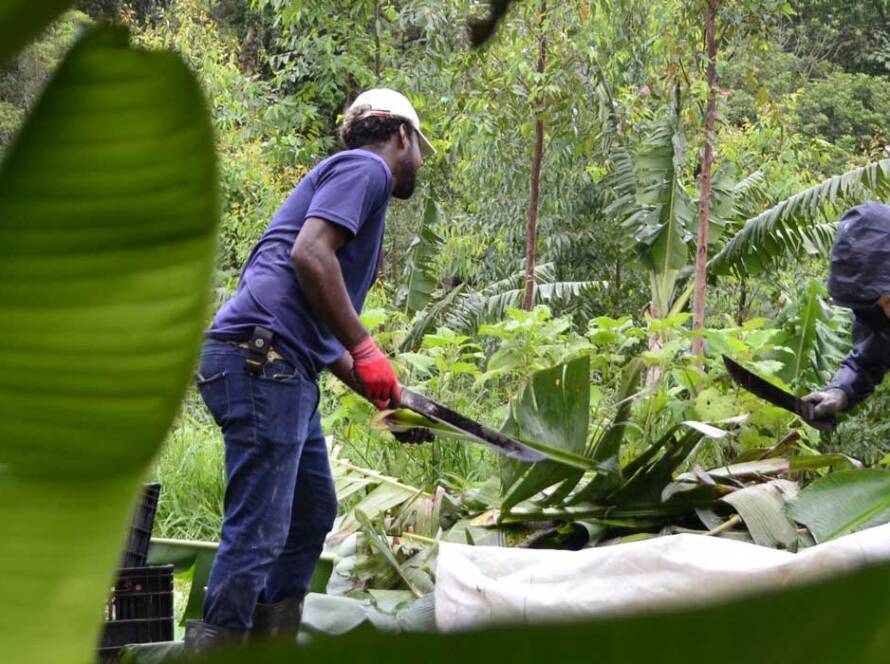In today’s competitive job market, professionals are constantly seeking innovative ways to enhance their employability and stand out from the crowd. One often-overlooked strategy is the strategic incorporation of volunteer work into one’s career development plan. In this article, we explore how volunteering can elevate your professional trajectory and offer insights from industry professionals who have leveraged their volunteer experiences for career success.
To reap the career benefits of volunteering, it is crucial to select opportunities that align with your professional goals and offer relevant skill development. Identify any gaps in your resume or areas where you’d like to acquire new expertise. Seek volunteer roles that enable you to apply and refine your existing skills while also learning from seasoned professionals in your field.
Networking is another significant advantage of volunteering, as it exposes you to a diverse array of individuals and organizations within your industry. Be proactive in fostering connections with fellow volunteers, nonprofit leaders, and other professionals who share your passion for the cause. These connections can provide mentorship, job leads, and potential references for future opportunities.
Don’t underestimate the value of the soft skills acquired through volunteer work. Employers increasingly recognize the importance of traits such as adaptability, teamwork, and problem-solving in potential candidates. By demonstrating these skills in a volunteer setting, you’ll showcase your ability to contribute positively to a company’s culture and overcome challenges in the workplace.
Real-life examples abound of professionals who have successfully harnessed their volunteer experiences to advance their careers. Jane, a marketing professional, volunteered her expertise to a local nonprofit, resulting in a revamp of their branding and online presence. Her successful project caught the attention of her employer, leading to a promotion and new opportunities to spearhead high-impact marketing campaigns.
In another instance, John, an aspiring environmental scientist, volunteered with a conservation organization, gaining hands-on experience in field research and data analysis. His newfound skills and connections in the industry led to a coveted internship with a prestigious research institute, setting the stage for a successful career in his chosen field.
In conclusion, volunteering can serve as a powerful tool for career advancement when approached strategically. By selecting opportunities that align with your professional goals, expanding your network, and developing essential soft skills, you can differentiate yourself from the competition and open doors to new opportunities. To embark on this rewarding journey, explore the diverse range of volunteer projects available on our platform and discover how you can elevate your career while making a positive impact in your community.



